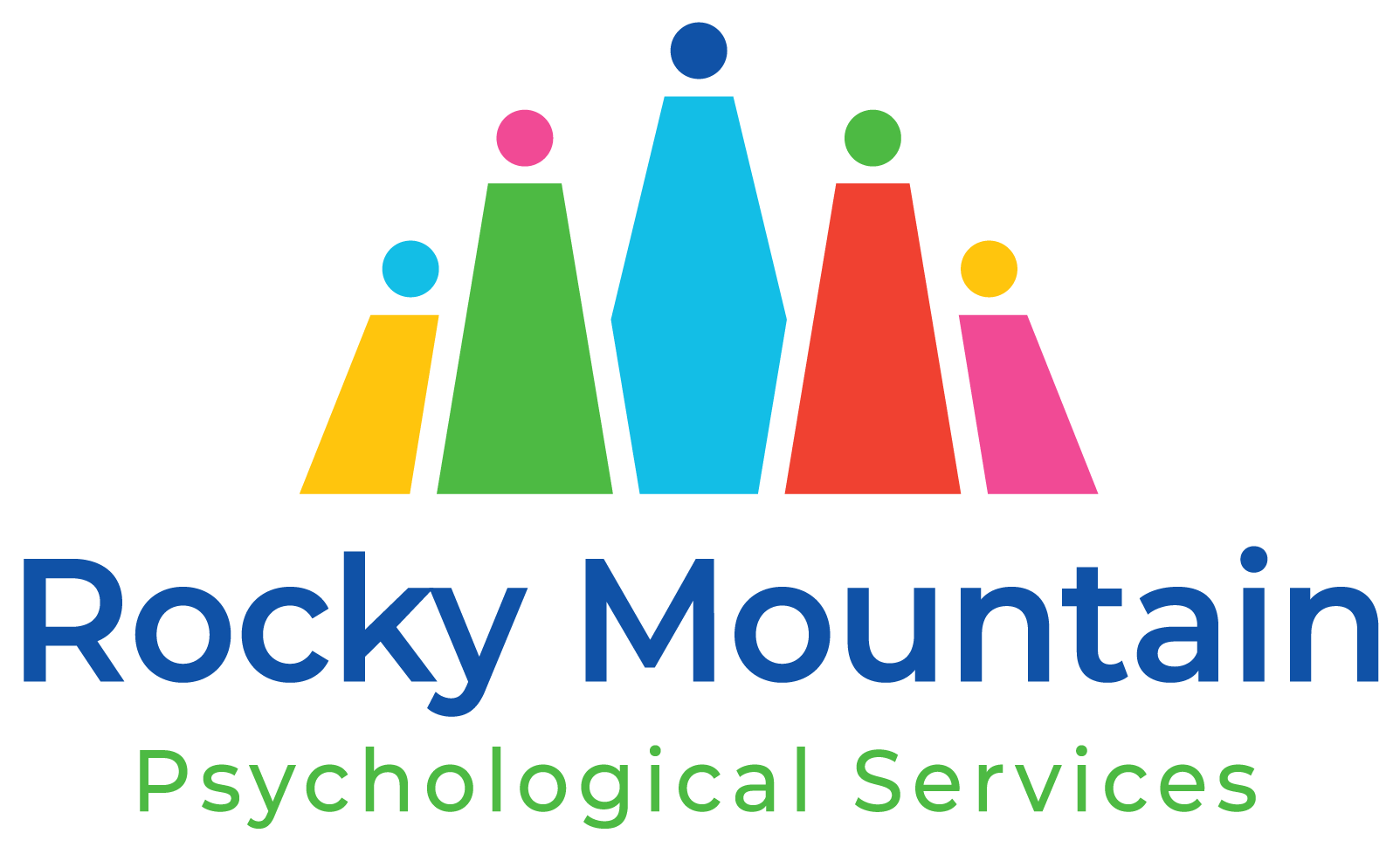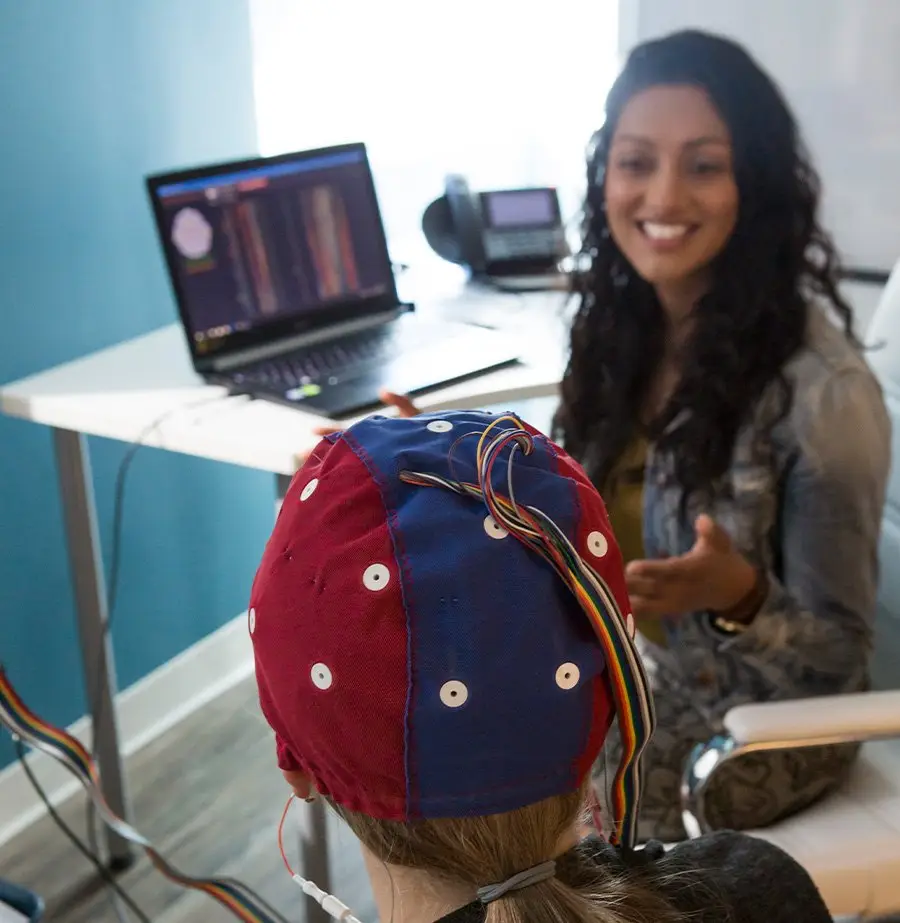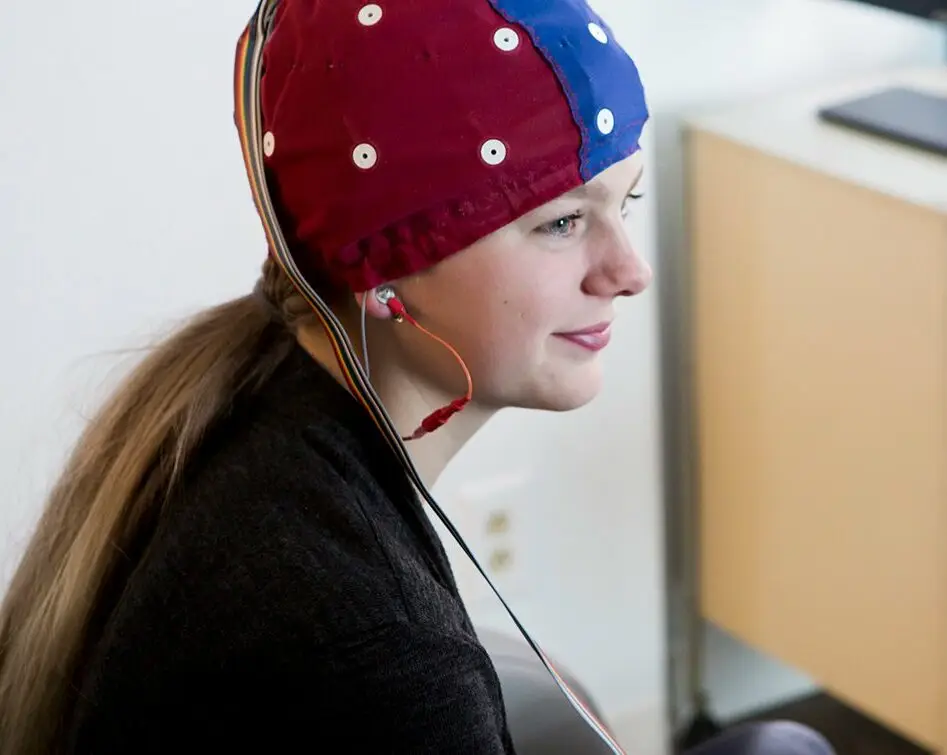Frequently Asked Question
What exactly is neurotherapy? How does it actually help?
Neurotherapy is a way to help the brain learn to work better by giving it feedback. It watches your brain activity and then gently encourages it to shift into patterns that are more balanced and useful. People often say they feel calmer, sleep better, or think more clearly after a series of neurotherapy treatments.
Can neurofeedback help with things like anxiety or trouble focusing?
Yes, a lot of people come in for those reasons. It’s often used for things like anxiety, feeling overwhelmed, or having a hard time staying focused. Some also find it helpful for mood changes, sleep problems, or depression. Many of our clients find that neurofeedback combined with counseling is an effective combination of supports.
Is this something kids can do?
Absolutely. At RMPS, we work with children, teens, and adults. For kids, sessions are tailored to meet their interests, which helps to keep them engaged. We keep parents involved and explain things step-by-step.
What makes RMPS’s approach different?
I’m not sure if neurotherapy is right for me. What should I do?
That’s a very common place to start. You’re welcome to reach out and ask questions or book a consultation. We’ll talk through what’s going on and whether this kind of support might (or might not) be a fit for your specific situation. There’s no pressure—it’s just about figuring out what feels right for you.


